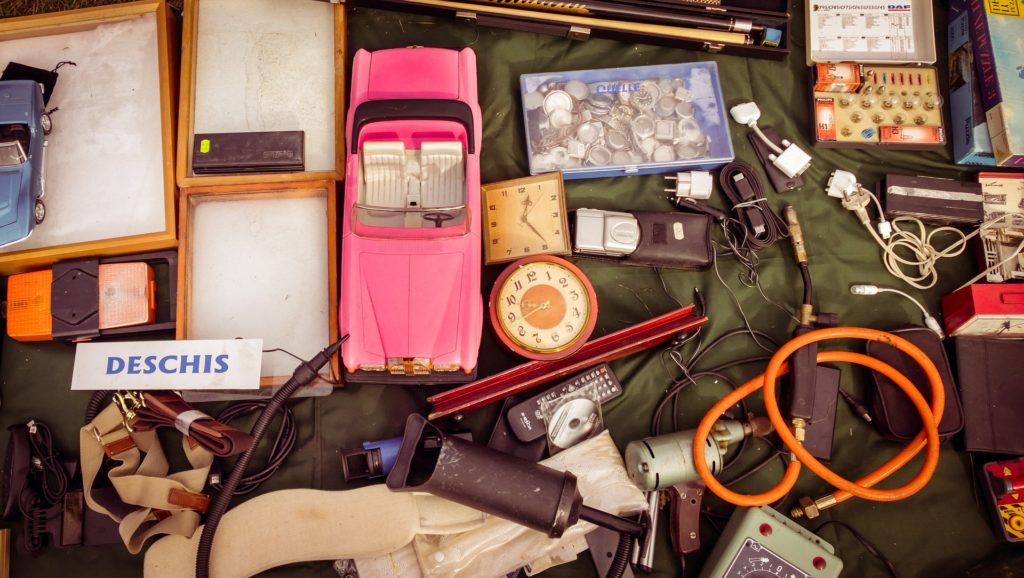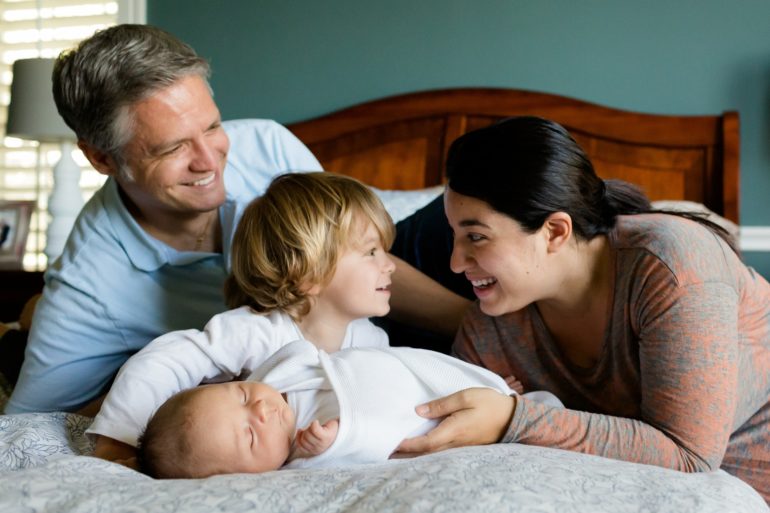Enlightened Thrift will reassemble priorities.
A whole lot of people, sadly, are sleep-walking into retirement. As a result, they may find a close look at their financial situation over the coming years will come as a rude awakening.
But here is a mindset that is pleasanter, more constructive, and far more positive, as a wake-up call. It’s like taking exercise after a long period of sloth: it’s not comfortable to start with, but once you’re in the swing of it, it feels great.
And once you’re exercising, you are generating positive energy again. You can start to blast aside any feelings of victimhood you may still be harbouring.
Everything important in life is free
This is the heart of it.
It’s true. Anything that’s genuinely worthwhile is free. Think of the stuff of real value:
Family. Friendship. Love. Freedom. Caring. Humour. Walking. Trees. Music. Self respect. Good relationships. Kindness. Skills. Friends.
None of these are bought with money. They have no financial value.

Seneca had the right Idea
Seneca was a Stoic philosopher at about the time of Christ. He practised thrift positively so he could focus on the meaningful things in life. By doing so, it took away the understandable fear he, as a human being in an evolved society, had of poverty.
Every month, for a whole day, he would wear the poorest of his clothes, and eat the thinnest food. At the end of the day he would ask himself the question, “Is this what I fear?”
By reinforcing at a fundamental level his understanding that he could survive well on a Spartan diet – he was alive and coping – he kept his fear of poverty at bay. He could live a fulfilled life each day, without the need of the trappings of wealth.
The holy men of nearly all religions are revered, amongst other things, for their renouncing of wealth – living an existence full of meaning, but free of greed, wealth and needless belongings. They are rich in wisdom and humanity, not money or material things.
Getting rid of stuff is life-enhancing
Many books are now available on the merits and joys of chucking out stuff. And it works. Take a look at Liz Wright talking at the TEDX conference at Bedford :
In six and a half minutes she delivers a great start point for de-cluttering.
More importantly, Enlightened Thrift makes you a better person
Sounds weird? But it’s not. Practising Enlightened Thrift gives you empathy with those struggling financially. You know what it feels like to go without.
It gets you out of the mental gated community of being financially comfortable. You experience first hand what it feels like to go without. Getting used to it gives you a surprising amount of grounded self-confidence. It strengthens your sense of identity. You get a stronger sense of having choices. You’re not following the crowd. You’re making your own decisions.
And you have a much closer understanding of current costs. You’ll know what milk, or vegetables cost. How much drinks cost, and what it costs to put petrol in a car.

Interestingly (and believably) it can strengthen your relationships with children or grandchildren. Psychologists confirm that relationships that are not “mediated by gifts” are much firmer. What they mean is you can’t buy love. A simpler, less expensive present – maybe one you made yourself – or the present of spending time generously with them works so much better. Such a present is a whole lot more engaging and binding for children than an expensive gift that lacks any personal (rather than financial) investment.
Forewarned is Forearmed
And if the worst comes the worst, it prepares you for real poverty. Hopefully it will never come to that, but forewarned is forearmed.
Try it
So try cleansing yourself. Chuck out what you don’t need. Live on less. Find a fresh sense of the costs and value of things.
Enlightened thrift will give you fresh perspective. A clearer understanding of what really is important. And it will make your second bite of the cherry of life even more delicious.
Tim Drake, Author, Generation Cherry




